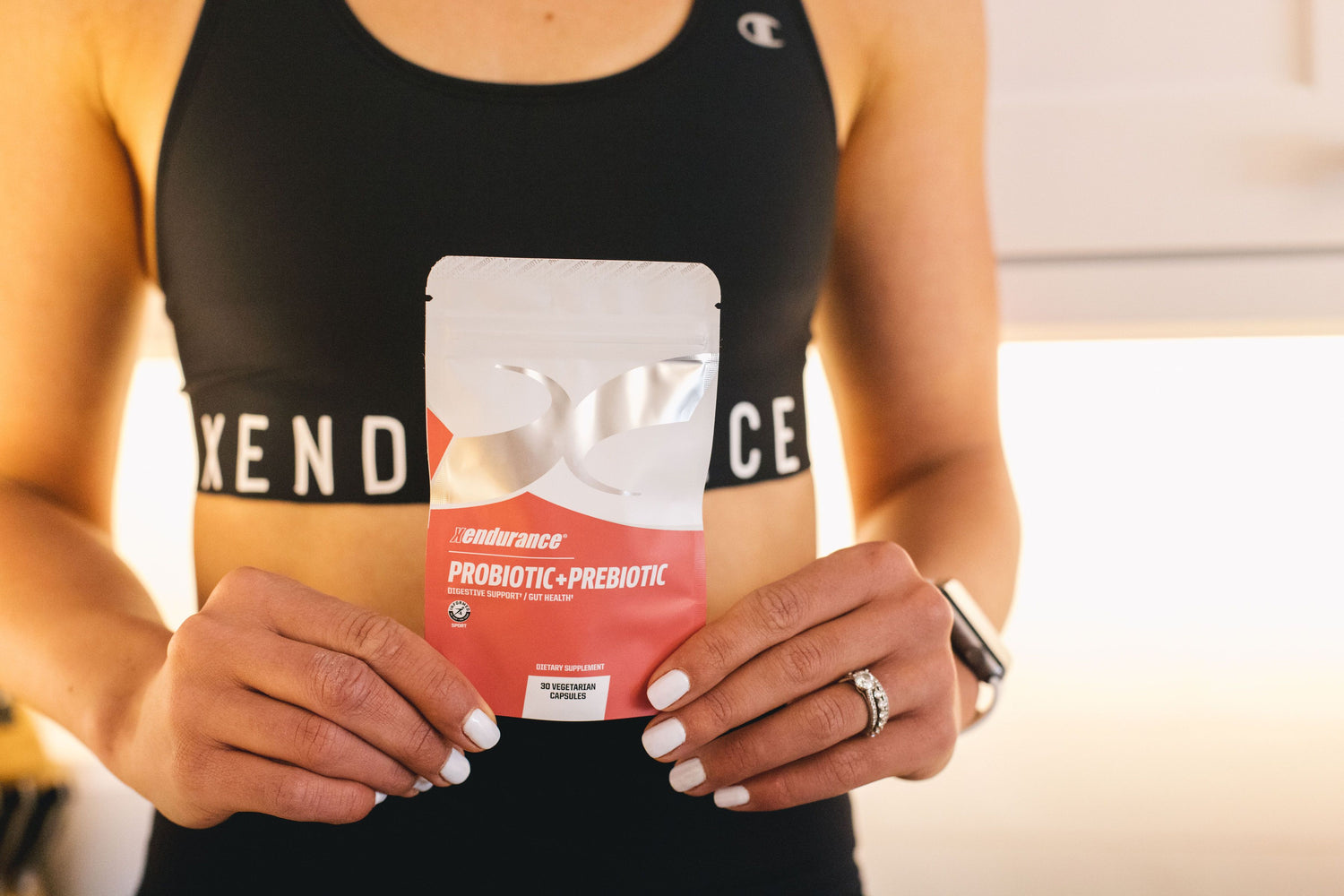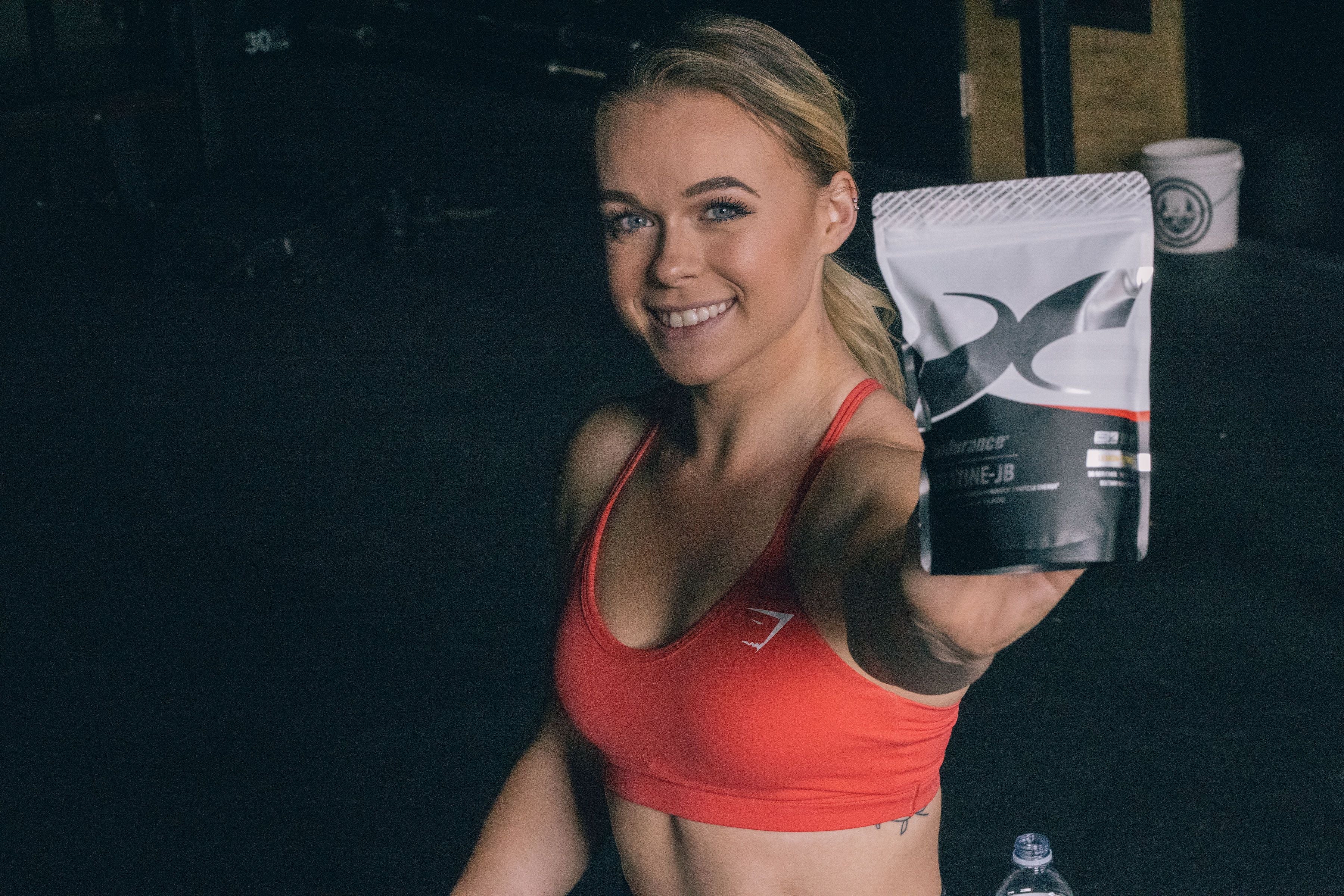You’re probably aware that your gut has a whole lot going on underneath the surface, namely microscopic creatures (e.g. bacteria). These little critters are responsible for your body’s microbiome, which research has revealed can greatly impact your health and mood. So, how do you care for this very important system? Probiotics have been touted as the way to go, but there are also some pervasive probiotic myths out there. Allow us to act as your probiotic advisor, and sort out fact from fiction for you.
Do probiotics help with bloating?
Many people turn to probiotics for bloating problems, and it makes sense. After all, the bacteria in our intestines can produce gas which then creates bloat and sometimes stomach pain. Research has in fact shown that probiotics can help diminish bloating and, over time, heal some underlying causes of stomach pain. But, it’s important to note that probiotics are not an instant fix. It takes time and consistent usage to change the number and type of bacteria in your gut, and time to experience the benefits.
Is any probiotic in any amount fine to take?
If you start reading every probiotic blog you can find online, you’ll quickly become overwhelmed. When there’s too much information about a health supplement, the average consumer will either give up researching - or choose to impulsively go with the first product they find. Aren’t all probiotics the same? And if some is beneficial, isn’t more of it even more beneficial? Both of these lines of reasoning are rooted in myths, and could actually be harmful.
First, take a breath. You don’t need to become an expert on probiotics, but you do need to seek out real experts. Make sure you’re finding supplement information on trusted websites from credible sources. Second, remember that the supplement market is varied and inconsistent. You should only buy supplements from reputable brands that practice rigorous testing (like we do). Buying from trustworthy companies will ensure you get the optimal kinds of probiotics (there are nearly endless types and strains) and the right amounts. Both are important in order to get the maximum health benefits from your probiotics.
Do I need a prebiotic?
This is another common question on this topic, with many people thinking that a probiotic is complete on its own. But, here’s the real deal. Probiotics are the good bacteria that you introduce into your gut, while prebiotics are what feed the probiotics and help them grow. Both of these are necessary to support peak digestive health. If you just take a probiotic and fail to get prebiotics in your system, you will fall short of getting anywhere near the benefits you could with both.
Our Xendurance Probiotic & Prebiotic includes organic Jerusalem Artichoke, which is a powerful prebiotic. This diverse, 17 strain blend has 10 billion CFUs of known beneficial probiotics delivered in a vegetarian delayed-release, acid-resistant capsule. We encourage you to check it out, and ask your doctor whether it’s right for you. If you’re ready to take your digestive health and immune system to the next level, shop with us here.
Do probiotics help with bloating?
Many people turn to probiotics for bloating problems, and it makes sense. After all, the bacteria in our intestines can produce gas which then creates bloat and sometimes stomach pain. Research has in fact shown that probiotics can help diminish bloating and, over time, heal some underlying causes of stomach pain. But, it’s important to note that probiotics are not an instant fix. It takes time and consistent usage to change the number and type of bacteria in your gut, and time to experience the benefits.
Is any probiotic in any amount fine to take?
If you start reading every probiotic blog you can find online, you’ll quickly become overwhelmed. When there’s too much information about a health supplement, the average consumer will either give up researching - or choose to impulsively go with the first product they find. Aren’t all probiotics the same? And if some is beneficial, isn’t more of it even more beneficial? Both of these lines of reasoning are rooted in myths, and could actually be harmful.
First, take a breath. You don’t need to become an expert on probiotics, but you do need to seek out real experts. Make sure you’re finding supplement information on trusted websites from credible sources. Second, remember that the supplement market is varied and inconsistent. You should only buy supplements from reputable brands that practice rigorous testing (like we do). Buying from trustworthy companies will ensure you get the optimal kinds of probiotics (there are nearly endless types and strains) and the right amounts. Both are important in order to get the maximum health benefits from your probiotics.
Do I need a prebiotic?
This is another common question on this topic, with many people thinking that a probiotic is complete on its own. But, here’s the real deal. Probiotics are the good bacteria that you introduce into your gut, while prebiotics are what feed the probiotics and help them grow. Both of these are necessary to support peak digestive health. If you just take a probiotic and fail to get prebiotics in your system, you will fall short of getting anywhere near the benefits you could with both.
Our Xendurance Probiotic & Prebiotic includes organic Jerusalem Artichoke, which is a powerful prebiotic. This diverse, 17 strain blend has 10 billion CFUs of known beneficial probiotics delivered in a vegetarian delayed-release, acid-resistant capsule. We encourage you to check it out, and ask your doctor whether it’s right for you. If you’re ready to take your digestive health and immune system to the next level, shop with us here.









Leave a comment
This site is protected by hCaptcha and the hCaptcha Privacy Policy and Terms of Service apply.